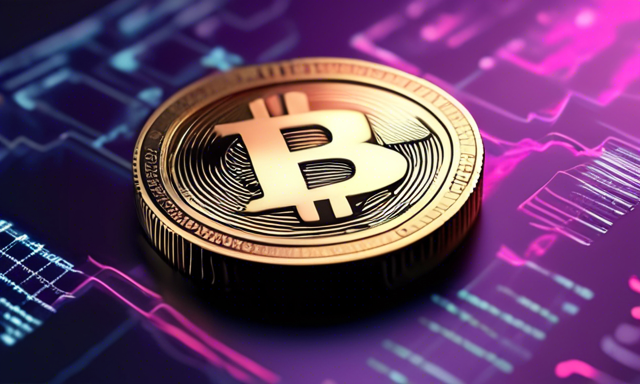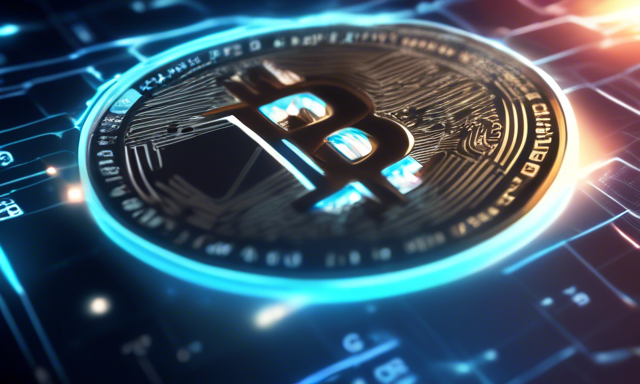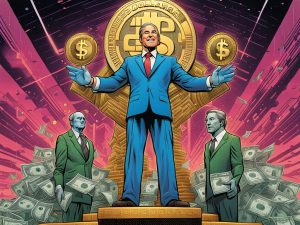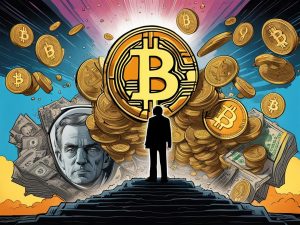Uniswap Labs in Hot Water with U.S. Regulator Over Alleged Violations 🌊
Uniswap Labs, the company that operates the decentralized exchange Uniswap, recently found itself in trouble with the Commodity Futures Trading Commission (CFTC). The regulatory body accused Uniswap Labs of offering leveraged or margined retail commodity transactions in digital assets without authorization. The case was settled with Uniswap Labs agreeing to pay a $175,000 civil penalty and to stop violating the Commodity Exchange Act (CEA). This incident serves as a reminder to DeFi operators to ensure that their activities comply with the law to avoid regulatory scrutiny.
The Rise of Uniswap in the Crypto Space 📈
Uniswap is a decentralized exchange platform that allows users to trade cryptocurrencies without the need for intermediaries. Unlike centralized exchanges such as Coinbase or Binance, Uniswap operates on the Ethereum network, making it a popular choice among crypto traders. Powered by autonomous smart contracts, Uniswap is the largest decentralized exchange in the market with a current 24-hour trading volume of $888 million. Despite the recent regulatory setback, Uniswap continues to attract users due to its decentralized and innovative approach to trading.
Price Impact and Regulatory Challenges 📉
Following the CFTC’s announcement of action against Uniswap Labs, the price of Uniswap’s native token, UNI, experienced a brief drop before recovering. The current trading price of UNI stands at $6.45, reflecting an 8% increase over the past 24 hours. This incident is not the first time Uniswap has faced regulatory scrutiny, as the Securities and Exchange Commission (SEC) issued a Wells Notice to the exchange earlier this year. Despite these challenges, Uniswap Labs remains confident in its ability to navigate the regulatory landscape and continue to innovate in the DeFi space.
Hot Take: Navigating Regulatory Challenges in DeFi 💡
As the DeFi ecosystem continues to evolve and expand, regulatory challenges are becoming more prevalent. Projects like Uniswap must stay vigilant and ensure compliance with existing laws to avoid legal repercussions. While regulatory scrutiny can pose obstacles, it also presents an opportunity for the industry to mature and establish a more sustainable framework for decentralized finance. By addressing regulatory concerns proactively and collaborating with regulatory bodies, DeFi projects can build trust and credibility in the broader financial ecosystem. Stay informed and stay compliant to navigate the evolving regulatory landscape successfully.





 By
By
 By
By
 By
By

 By
By